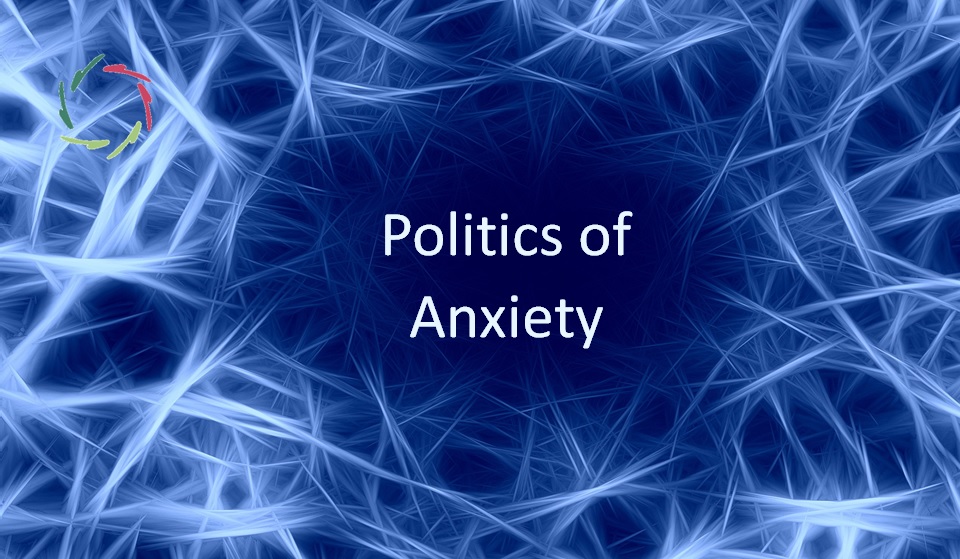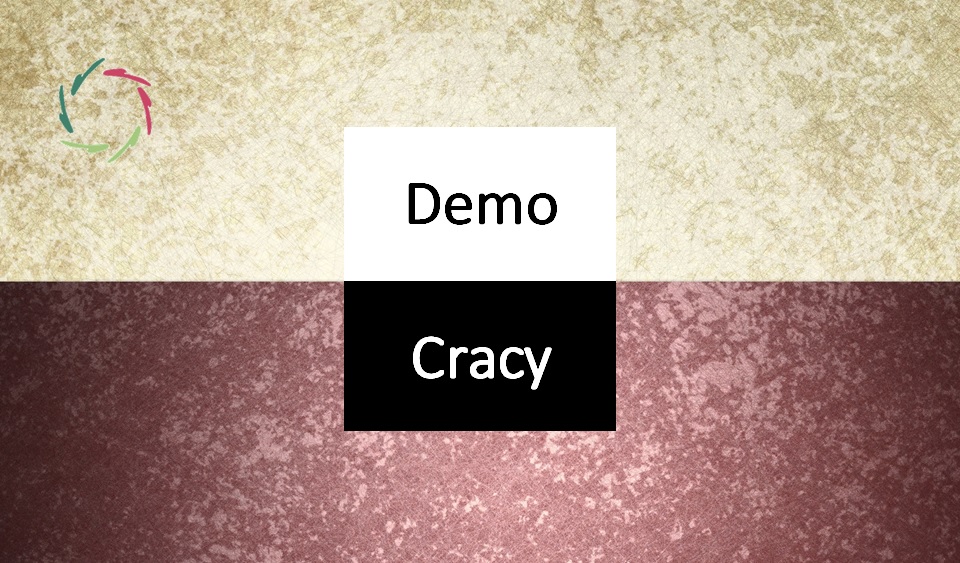Radical Deradicalization

A radicalized standpoint generally does not care so much for rationality. In many cases, there is also little Compassion involved. Thus, more Compassion is needed and, from there, also more rationality.
Radicalization
People get radicalized into mental mono-culture, mainly because there is a lack of attention for other directions. This lack pushes a person searching for ‘salvation’ to believe that it can only be found in this specific direction. If salvation is made dependent on following the mono-culture, people get stuck in that rut.
Theoretically and practically, there are many such contradictory ruts on the planet. If a person gets stuck in one of them, then to him, only this one exists till the end. This focus is held to the detriment of any competing standpoint that gets brainwashed away.
Interestingly, one may ask why any specific person is in search of salvation ― from what?
As some mental addiction
Radicalization follows the principles of addiction. It’s like being stuck and turning rounds in a groove, attracted by something beneath the groove.
One may get stuck more and more in the groove. Trying to draw someone out of it may get him more strenuously trying to stay in because he experiences the profound attraction from beneath, even if what he gets within the groove itself is of little profundity.
The radicalized person is stuck in a groove with little profundity, even while the origin of his feeling is way more profound. This paradox is what keeps him put.
Somewhere in-between and underlying radicalism may lie worthwhile phenomena.
Such as: fundamentally not agreeing with a culture that is too one-sidedly conceptual, thereby lacking depth ― unfortunately true in many cases within a superficial society.
This way, radicalization starts from a real and important issue but takes a non-Compassionate turn. Not the starting point is wrong. It may be pretty close to one’s deepest motivation or to life itself.
Fighting against life.
This is morally wrong and counter-productive. Thus, we may end up with even more people lacking Inner Strength and being prone to radicalization.
Thus, we need another solution ― pointing to a Compassionate turn from the start.
Coaching attitude
To deradicalize, the only worthy option is to mentally go into the radicalized person, feel from inside, overlap, and listen deeply. This is, to coach the person, feeling where the radical motivation comes from.
This can change the coach. This should change the coach. That’s the only way the coachee can change. Anything else is make-belief ― empty boxes.
Learning from the radicalized person is necessary to see what goes on and guide, support, and invite others to choose optimally at challenging turns. Compassion should be intrinsic to this.
As with many challenges, this is a nice one for Lisa. [see: “Lisa“]
Lisa is not some therapy of radicalism as if it is an illness to be extirpated.
Available always and everywhere, Lisa can support any user through clarification and self-reflection. This is possible even without taking an anti-radicalization standpoint as long as this is congruent with Compassion. The aim is to evolve each time again from the inside out towards a state of deradicalization. One should be open about this aim also towards the coachee.
Lisa does not push towards the aim. That would be fighting ― counter-productive as we saw.
Lisa radically deradicalizes from the inside out.
Who is afraid of this?


